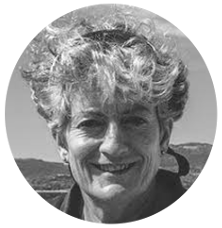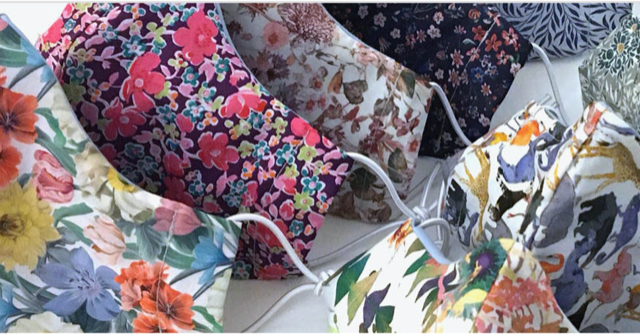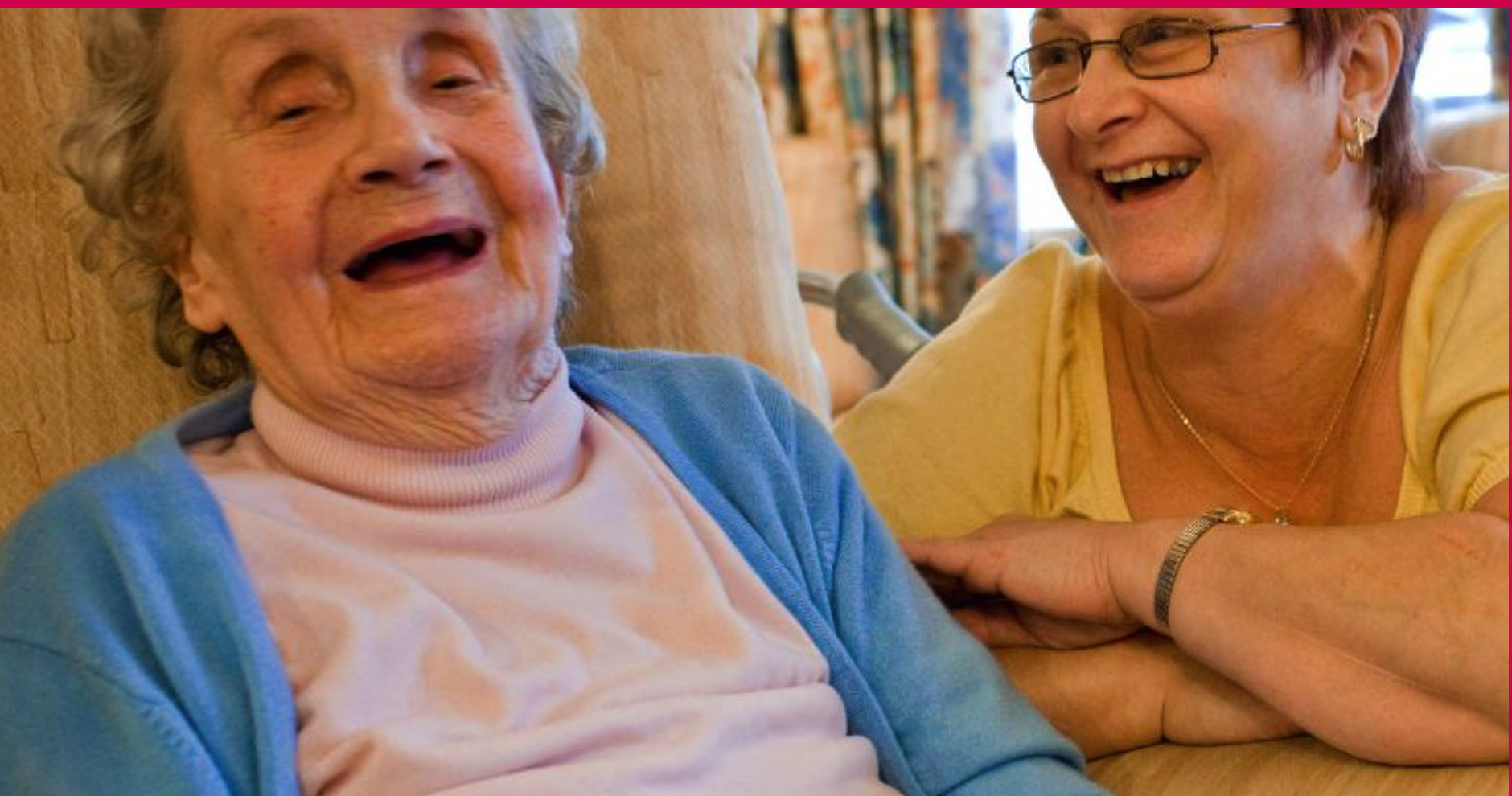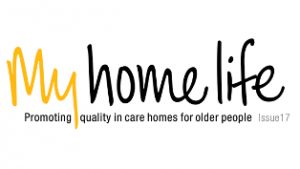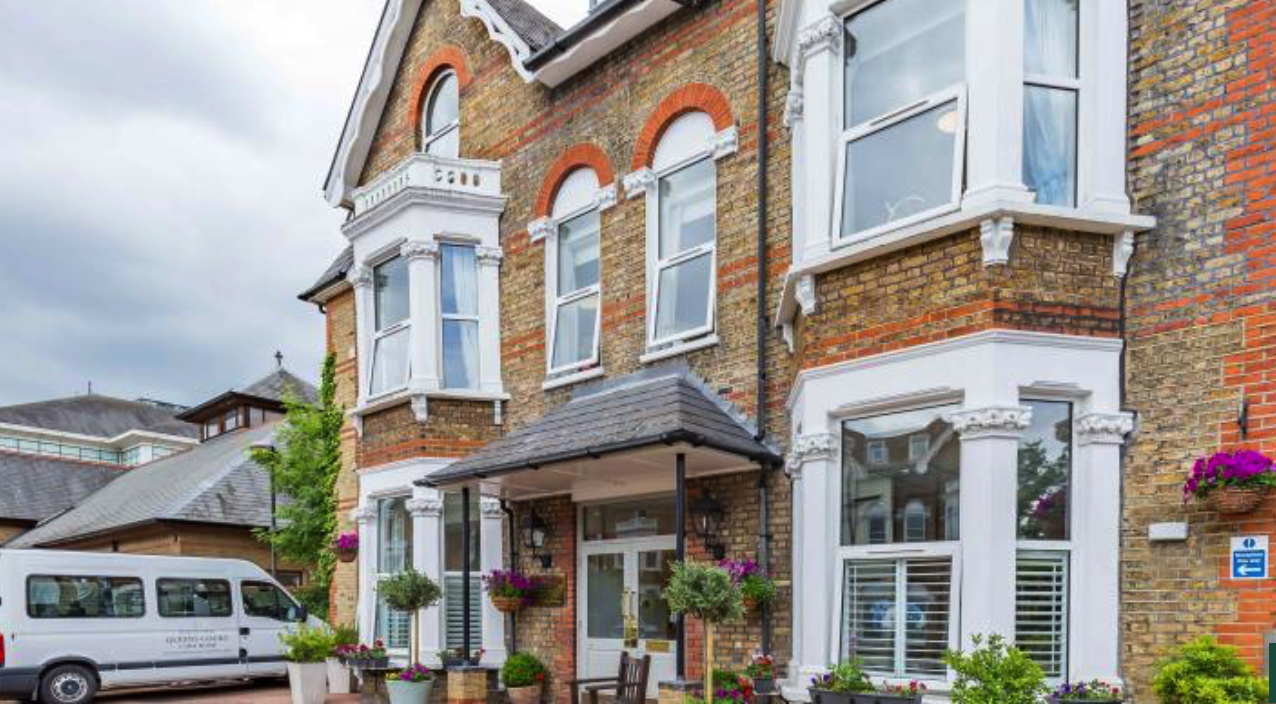Costume designer to facemask designer
‘As a costume designer, I was especially gripped by the shortage of PPE.’
As the Coronavirus pandemic unfolded, I found myself watching the news in helpless disbelief. As a costume designer, I was especially gripped by the shortage of PPE. Medical friends were saying that things where really bad, even though the government claimed it was okay.
Other concerned volunteers were forming and mobilising to help. With my partner Jake Farr, we created www.scrubhub.org.uk
Initially there were seven London groups but with the Visor Army project on Facebook, this has grown to around 130 groups all over the UK.
It was immensely comforting during this time to be able to concentrate on making scrubs and visors, small simple tasks I could do at home, that were being replicated in so many homes all over the country, collectively making a really big difference.
Setting up Acemasks seemed like the logical progression from this. As we ease out of lockdown, facemasks will be part of our ‘new normal’. Initially the idea of wearing a mask filled me with horror. After a few trial runs wearing a mask out and about, I felt really uncomfortable. Despite other people wearing them, I felt that most of them were looking at me in horror!
A friend sent me a picture of her in a medical mask she had decorated with multi-coloured dots. I really liked how she had made it her own. This spurred me on and I decided if I was going to do this, I needed patterns, colours and floral prints to make me feel more comfortable in a mask. I wanted to own the experience and communicate to others when they looked at me in my mask, “It’s going to be okay, we can do this!”
Conversations with Care Homes
Conversations with care homes a series by My Home Life England
‘Conversations with Care Homes’ is a series by My Home Life England (MHLE). In Episode 7 we focus on how best to support care home residents living with dementia during COVID-19. The pandemic has posed additional challenges for those living with dementia – for example the disruption of familiar routine, the need to socially distance and wash hands more regularly, and the impact of staff wearing more PPE. We share stories, tips, methods and signposting for how best to support residents living with dementia at this difficult time.
You can see more Videos from My Home Life here >>
A message from My Home life to the care home community:
You are doing an incredible job in challenging circumstances. You continue to make such a positive difference to people’s lives – thank you. We see you, we appreciate everything that you are doing, and we want you to know that My Home Life England is always here for you. Keep up your fantastic work and please do get in touch if you are able, we’d love to hear from you.
Please get in touch! If you have any stories to share, please contact us at mhl@city.ac.uk or call 02070405776 For more information about My Home Life England, please visit our website or find us on Twitter & Facebook – @myhomelifeuk
About My Home Life
My Home Life was founded in 2006, by National Care Forum in partnership with Help the Aged (now Age UK) and City, University of London.
It is a social movement for quality improvement in care homes that has spread nationally and internationally.
The success of My Home Life lies in our four evidence-informed guiding principles: Developing best practice together, Focusing on relationships, Being appreciative, and Having caring conversations.
“A diagnosis of dementia for a person is also a diagnosis for the whole family.”– Four letters that make communicating with a person with dementia more real.>>
Queens Court Care Home under lockdown
Interview with Shaaron, 18 May 2020
Shaaron Caratella is our care home specialist advisor to REAL Communication Works.
Originally an RGN nurse in the NHS, she went on to gain a BSc in Nursing Studies, a Diploma in Orthopaedics and an MSc in Health Sciences. Her passion for the good care of older people shines out of her and she has been the Manager of Barchester Queens Court Care Home for 23 years, what she doesn’t know about nursing home care, is hardly worth knowing.
Queens Court locked down early in March and this means that my fortnightly conversation group with residents, which has been going for about a decade, also had to be temporarily suspended. I really miss the lovely residents in my Sarah’s Chats group, but have stayed in touch with them with intermittent postcards from the coast. Reassuringly, one of our group has even taken up occasional correspondence with me!
Last week, Shaaron and I had a phone conversation, as I was keen to hear how she and everyone else is coping. She sounded comparatively cheerful, given the circumstances, which pose so many challenges….
“The staff have been really shell-shocked. We have lost some staff through natural wastage – one of our full-time staff left to work at a different care home early on in the Lockdown. Only the really brave care workers were coming in for about the first month and I was very concerned about the psychological state of the staff – we were all very sad.
‘We had to implement special protocols for infection control from day one’.
And then there are the reports… the endless reports. Everyone wants reports, Public Health England, Merton Council, the CQC, the London Capacity Tracker. Everybody wants it written down, which means a lot of extra work.
The laundry has been really challenging, because nothing can be worn or used more than once without fastidious cleaning, so the washing machines have been very busy and our maintenance man has been living from moment to moment to ensure that everything keeps running. He has never had to work so hard.
Barchester Healthcare has been really good and has really invested in the care staff. They had a strategic plan by mid-March. We do a daily Covid update with all manner of detail, including infection control and deep cleaning, right down to meeting and greeting.
Every Monday, we do a thank you for the care staff that comes straight down from the (Dr) Pete Calveley, ourChief Executive and the reviews have been very useful. There is been a lot of good feelings towards care homes and we have been celebrating the kindness. We are trying to be mutually supportive. There is a huge amount of respect for the staff and a huge amount of responsibility for them, too. But they understand it. They get it. Right from the early days, the staff and residents have been very supportive to each other, even though the first two months were a baptism of fire – it was relentless.
The situation with families has been very challenging. Although they have been able to Skype or phone, the lack of visitors is really a problem in the care area. Of course, their new isolation means that a few of the residents have become quite depressed, but we’re doing our best to keep them connected to their families and to one another. Our good relationship with families has paid off. We are on first name terms with them now in a way that we never were before. There is a huge amount of trust and our team knows that, so we try even harder to be there all the time for our residents.
As far as health matters in the home are concerned, we are proud that the results of Whole Home Testing showed that we are Covid negative. Residents have had some hearing aid issues and some have needed to be seen by the optician – it’s good that our GP visits all dressed in PPE. It’s been very good for the team to use all their skills including hairdressing. Since it’s been warmer, the residents have been socially distancing in the garden and having ice cream and doing a quiz or just taking in the sun.
‘There’s been a lot of kindness and we all laugh and giggle together. Of course, you feel absolutely exhausted at the end of the day, but there’s nothing like a glass of wine to cheer you up’!
Hospitals aren’t discharging residents to some care homes – they are only using contract beds, even in this time of Covid. Of course, hospital staff don’t have time to develop the deeper relationships with the residents the way that we do. Sadly, they can forget – and lack respect for, the great age and needs of these special older people in our small community.
REAL Communication workshops for carers
REAL Communication workshops for carers help develop communication skills through interactive, experiential and blended learning programs.
Facilitating REAL Communication workshops for carers is always a privilege. Being interactive, what happens is always a Quid Pro Quo: a real exchange of learning and experience.
Good communication is absolutely central to good care. Nowhere is this more true than in the care of people living with dementia, for whom there is no cure and almost no palliatives. For family carers and care workers, good communication is vital: they all live with stress, anxiety, loss and grief on a daily basis while the person is still alive.
The REAL Communication* framework and mantra developed to address these issues:
- We cannot care for a person if we don’t care about them;
- We cannot care about them if we don’t know who they are
Care is always a triumvirate between the person being cared for, professional health and social care staff and relatives and friends. As all evidence shows, when these relationships work well together, good care always results. Conversely, if these relationships fail, poor care is inevitable.
Older people who are vulnerable and frail need sensitive relationship-centred care and robust advocacy, especially if they have dementia. They have rich life experiences that can have a deep affect on how they view their relationships with everyone around them – and life in general.
When we have empathy for the person, listen to them well, understand how their memory systems function; when we show kindness and recognise, appreciate, honour and celebrate their life experiences, they are encouraged and empowered to live life more fully, regardless of their condition.
*The REAL Communication Framework
REAL is an acronym for: Reminiscence, Empathic engagement, Active listening and Life story.
All REAL Communication workshops include the REAL framework. This means that any carers attending our workshops will further develop and improve their communication skills and abilities.
The resulting learning outcomes will further encourage the provision of improved communication. This enhances relationship-centred care and delivers improved quality of care received by the person living with dementia.
Our unique approach sits at the heart of the Norfolk & Suffolk Dementia Alliance blended learning programme, recognised by the Performance Learning Institute gold award in 2014.
Image: Will van Wingerden

